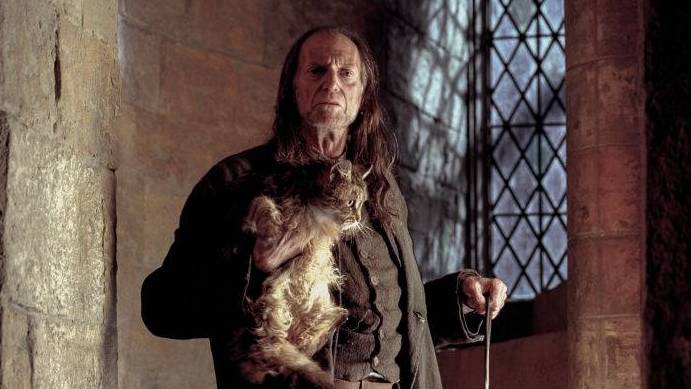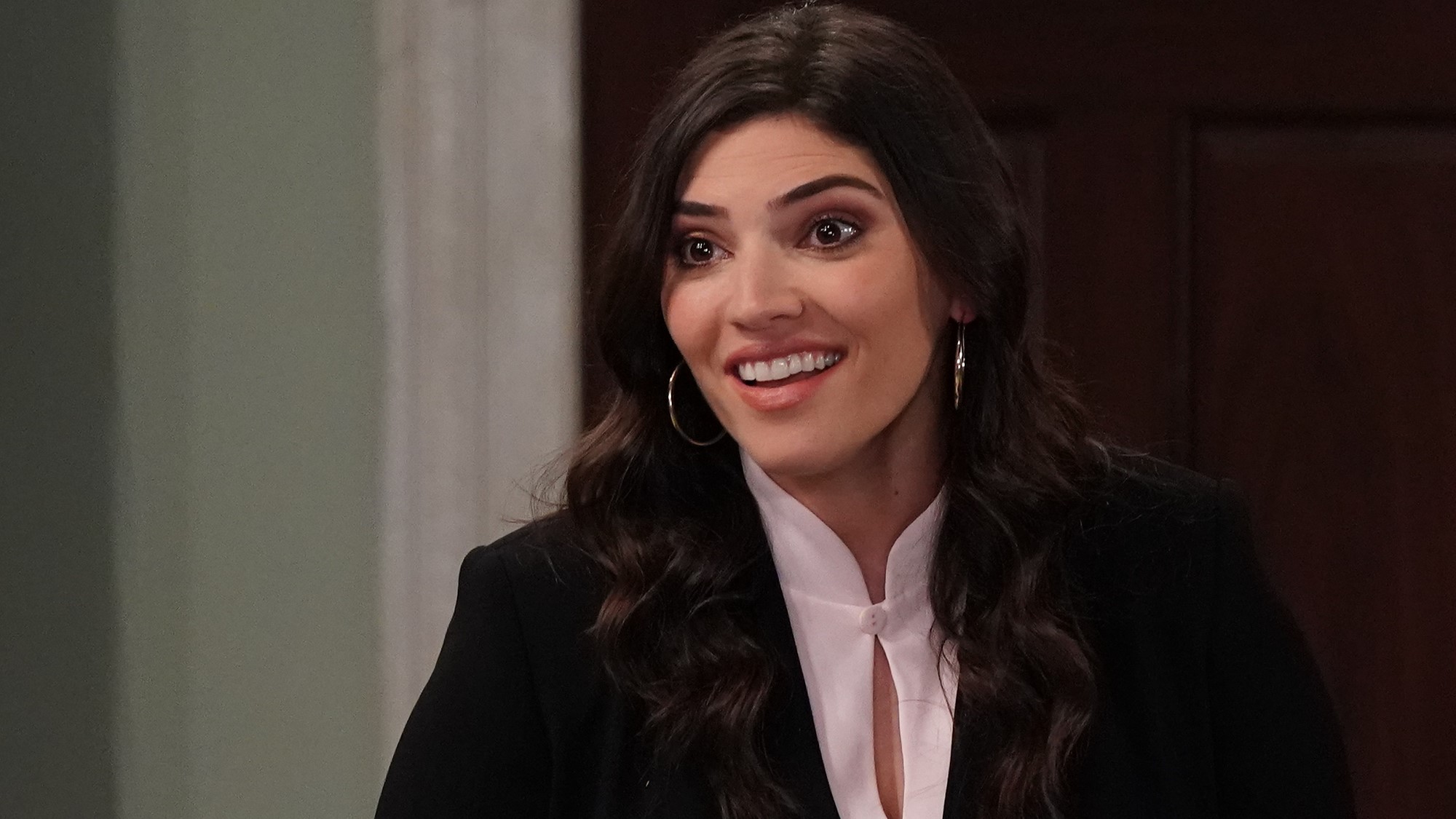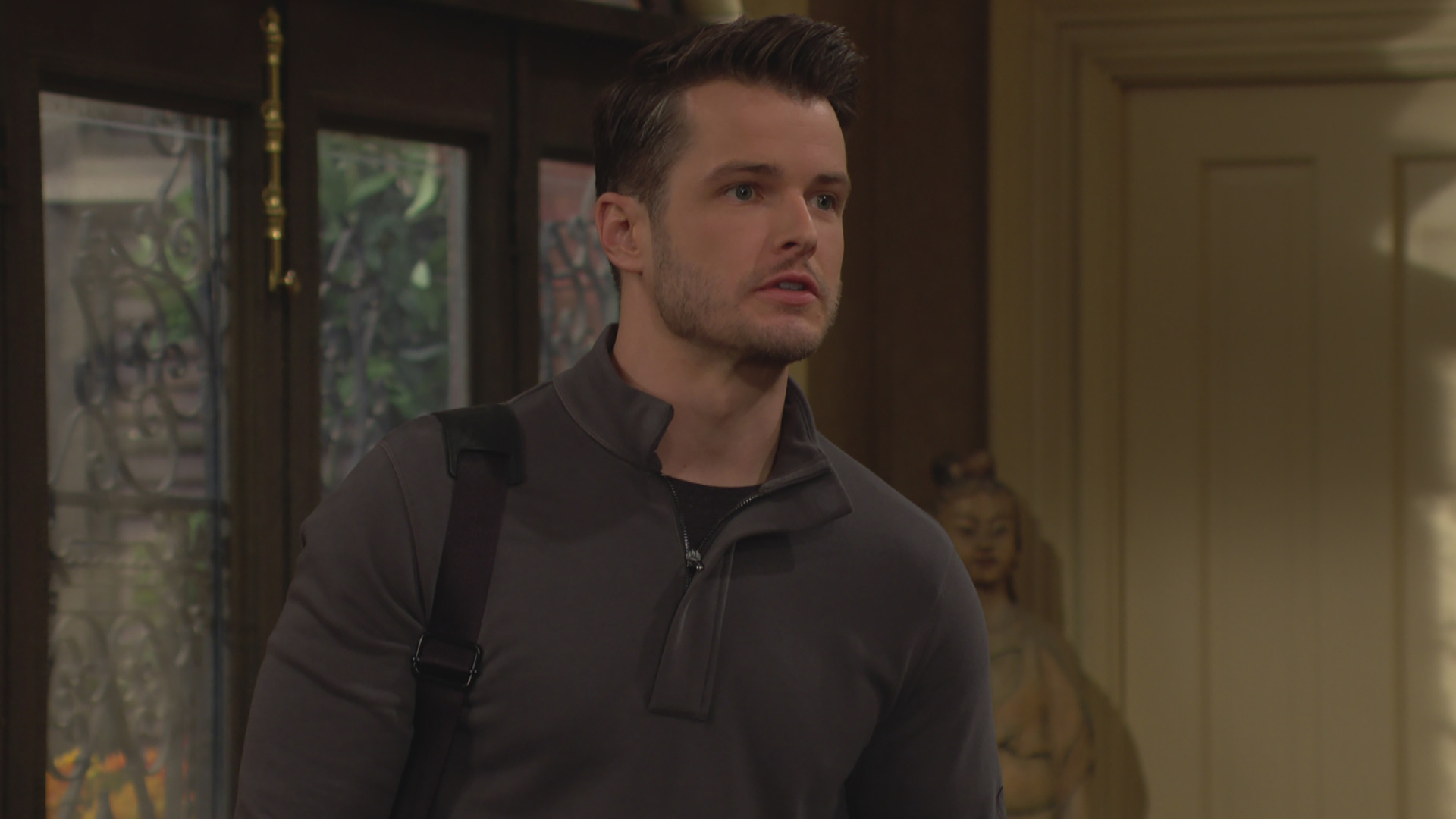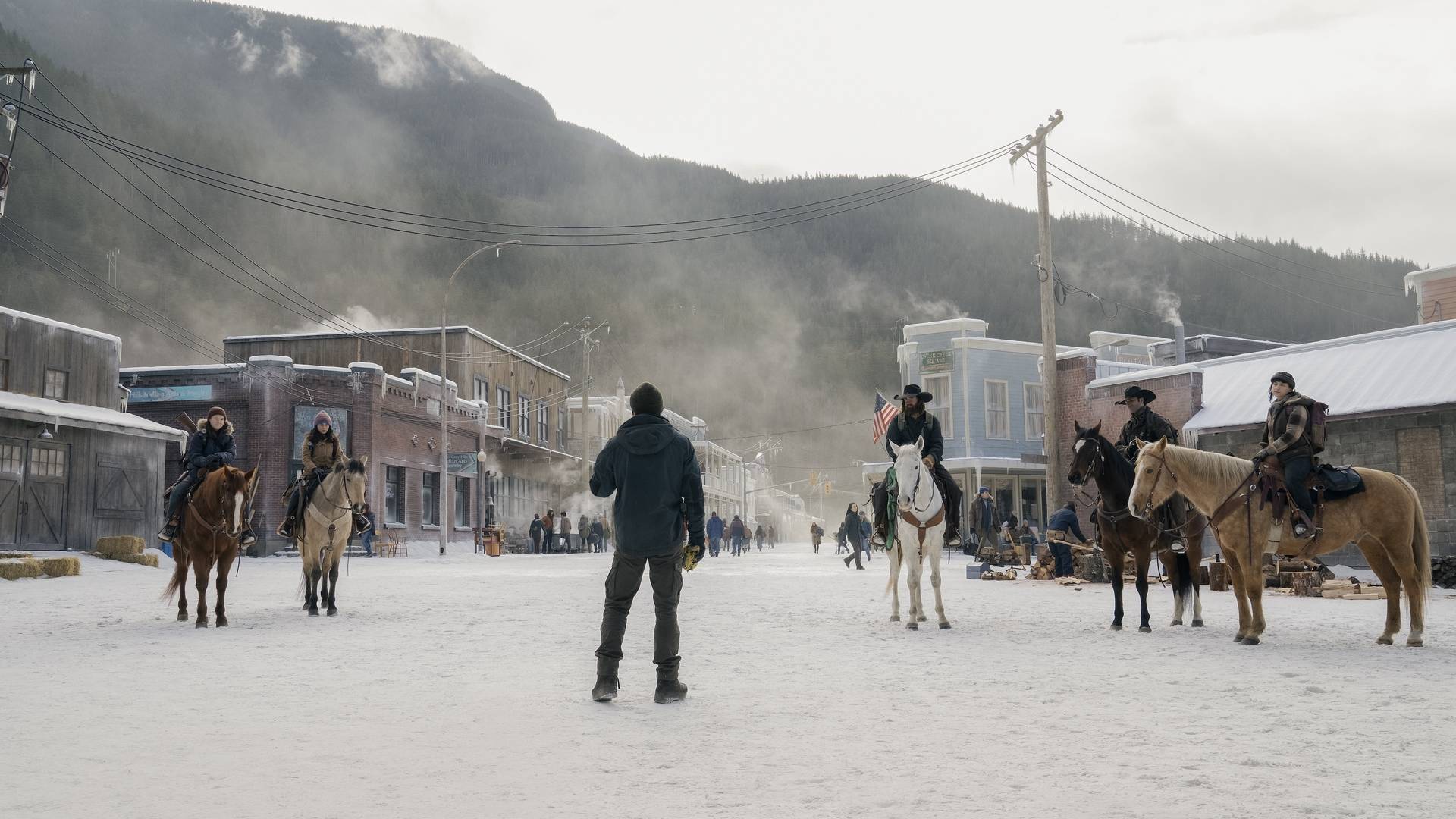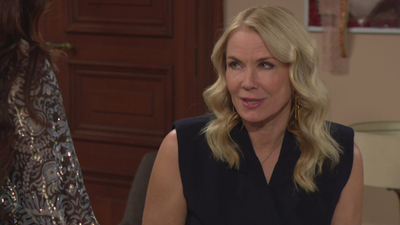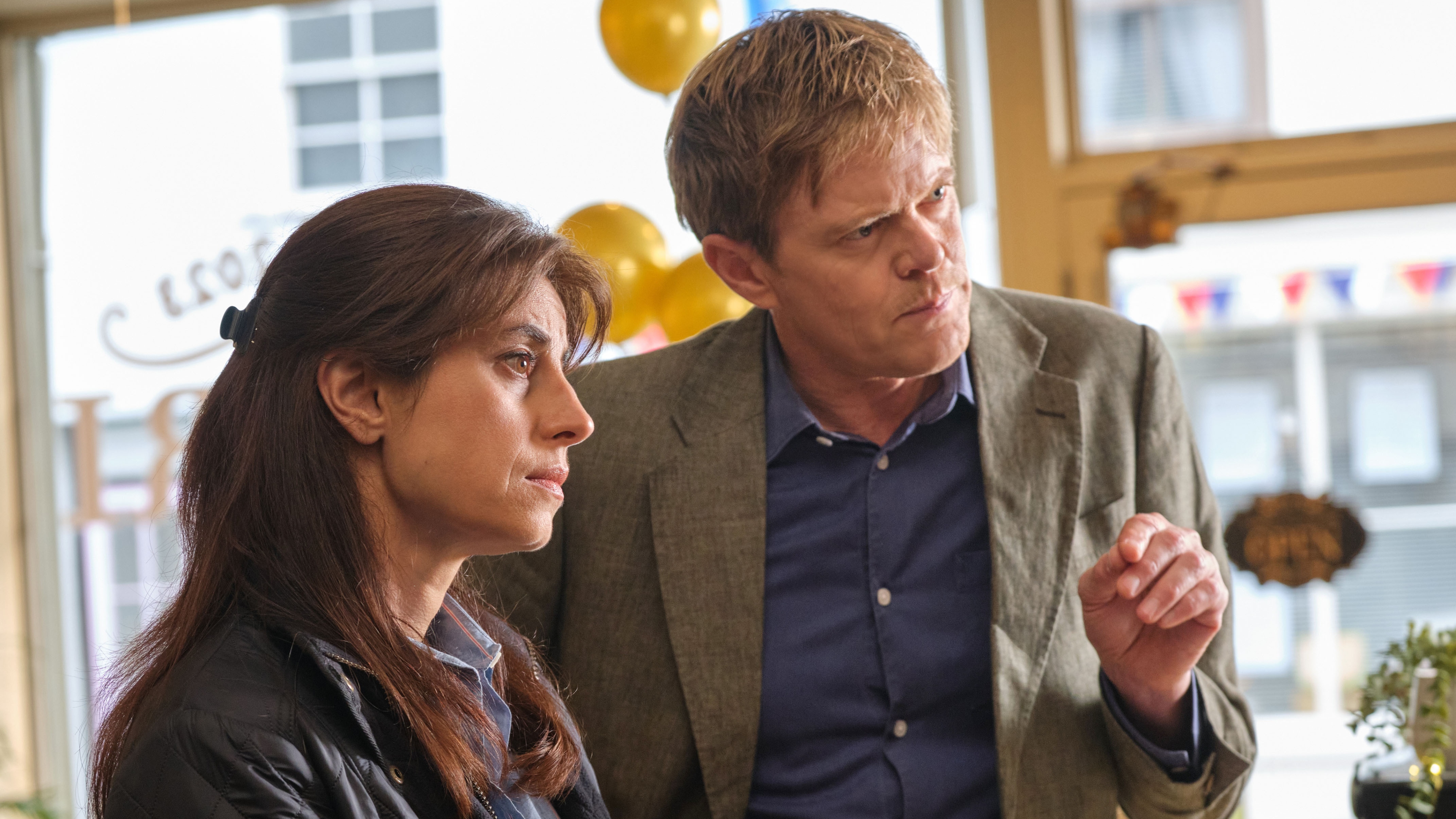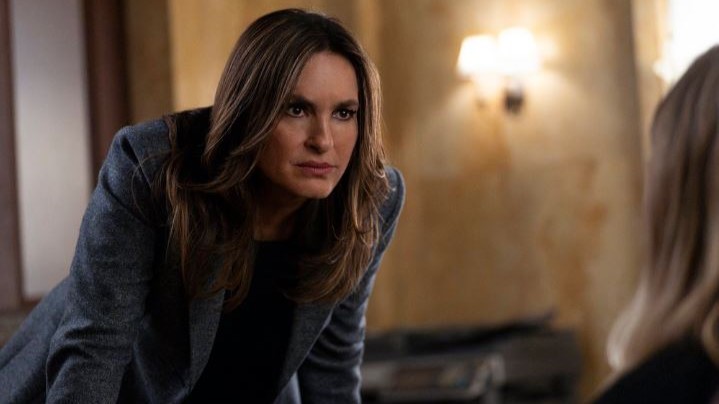The Crown and the Margaret Thatcher problem.
Gillian Anderson plays Margaret Thatcher in season four of The Crown but The Iron Lady's damaging legacy looms large over her.
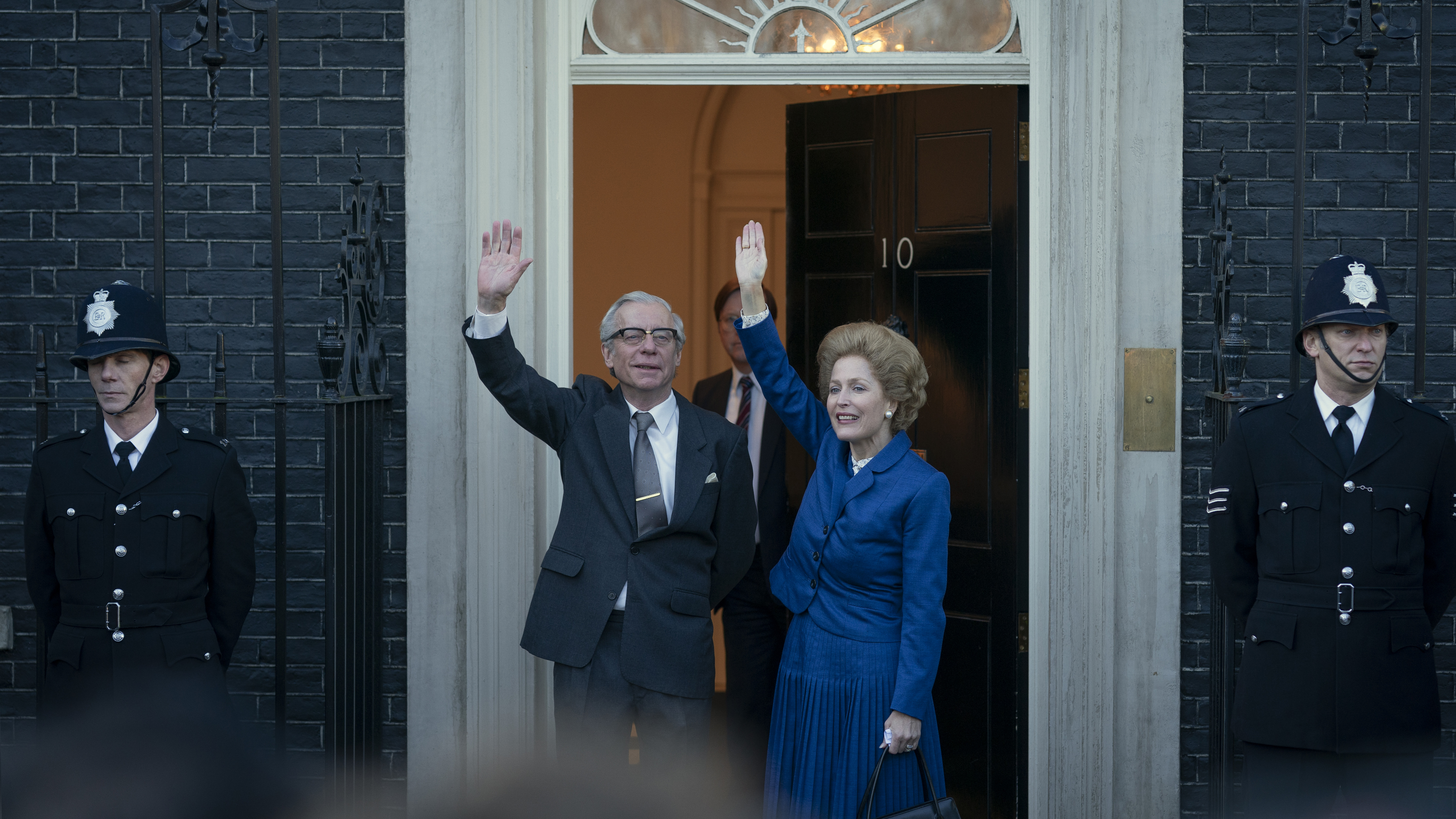
The Crown season 4 may be the most anticipated in the history of the royal drama’s run. Peter Morgan’s serious/soapy glimpse into the reign of Queen Elizabeth II has been a constant source of audience attention and awards recognition for Netflix since it premiered. This season focuses on the public rise and private tragedies of young Princess Diana as she marries into the family and becomes the most famous woman on the planet. While newcomer Emma Corrin is receiving raves for her portrayal of a fresh-faced Miss Spencer, there’s another historical woman on-screen who’s soaking up a lot of attention, albeit for less positive reasons.
Tackling Britain of the 1980s means one thing: introducing Margaret Thatcher. Gillian Anderson of The X-Files and The Fall fame has donned the pearls and big wig to play the first female Prime Minister of the UK — a woman who is worshipped by some and reviled by many others, up and down the nation. To invoke her name is akin to a curse for many Brits, especially those of working-class backgrounds. This is, after all, the woman whose death led to the song "Ding Dong the Witch is Dead" from The Wizard of Oz to soar to the top of the pop charts in response. Even though her presence in The Crown is inevitable, there was something about that news that still sent shudders up many viewers' spines.
Plenty of films, TV shows, books, and plays have been written about or heavily inspired by the former Member of Parliament for Finchley. From a purely abstract point of view, it makes sense as to why anyone would want to write about Thatcher. It’s a compelling narrative: the rise and fall of a greengrocer’s daughter that climaxes with a woman reaching the highest office in the land for the very first time, all while sneered at by a cavalcade of old grey men. She was a big personality who deliberately played with her femininity to ensure maximum attention while still adhering to the rhetoric and force of male-dominated politics. Even without thinking about the countless lives she upended with policies like the poll tax or the Falklands war, she’s quite the character. In Hollywood, that matters more than anything else.
That ends up being a problem, of course. A huge chunk of narratives that center on Thatcher and her time as Prime Minister leave out massive portions of her more controversial ideas and actions. They play into insidious ideas about womanhood and culpability, all in the name of playing up this truly difficult woman as a Strong Female Character.
We saw this at play most notably in The Iron Lady. Meryl Streep won her long-awaited third Oscar for playing the title role in the 2011 biopic directed by Mamma Mia’s Phyllida Lloyd. While Streep, predictably, received strong reviews, the film itself was given a more mixed reception. Lloyd and screenwriter Abi Morgan chose to structure the film with lots of flashbacks. This is common for biopics, but they took on a more unnerving force in The Iron Lady as the older Thatcher was shown in the later stages of dementia talking to the ghost of her husband Denis. In the flashbacks, we see her rise and fall from power, which is portrayed as a you-go-girl triumph. You keep expecting Streep to break out into song (it’s remarkable how much The Iron Lady is structured like a musical.) It's a great platform for Streep to show what she's made of, although the performance has aged badly, a flurry of clipped accents and false teeth. The real issue with The Iron Lady is in its cowardly refusal to truly say anything about Thatcher or her politics. We see archive footage of the poll tax riots and one moment where angry protesters slap on the window of her car and call her a monster, but there's little understanding of how Thatcher impacted the world outside of Westminster. There's no focus on the human cost of this "plucky heroine"'s supposed struggle. This is a story that tries to take place in a vacuum, to separate Thatcher from the politician whose policies devastated entire communities and left behind a legacy of anger that has never dissipated.
The Iron Lady wanted to play it safe, to make the kind of milquetoast biopic that wouldn’t offend general viewers while appealing to the tropes and themes that make awards season voters lose their minds. You can't say it didn't work, either. The movie made over $115 million worldwide from a budget of $10.6 million and snatched Streep that Academy Award. The problem with that strategy is that the final product, deliberately or otherwise, ended up being the kind of whitewashed hagiography that skeptics feared it would be. You cannot use Thatcher as a mere character, particularly one forced into the conventional mold of a Hollywood protagonist.
The Iron Lady isn't the only Thatcher-centered story to take this stance. In The Long Walk to Finchley, a 2008 BBC drama starring a then-unknown Andrea Riseborough, Thatcher's entry into politics is posited as a feminist victory. While there were some tongue-in-cheek references to future events, such as a moment where the future "Thatcher the milk-snatcher" promises that "every child in the country would have as much milk as they wanted", the rest of the story is a more conventional victory lap. These stories consistently demand that the audience sympathizes with Thatcher. In an interview that Gillian Anderson conducted with Harper’s Bazaar to promote The Crown, the piece notes that "here is the weird sensation of finding yourself sympathizing with one of the most controversial prime ministers the UK has ever had." That ends up being the endgame of too many of these stories.
Get the What to Watch Newsletter
The latest updates, reviews and unmissable series to watch and more!
Fictionalizing Thatcher will always be difficult, but it’s not impossible. The issue comes with stories that try to separate the personal from the public, the scrappy underdog narrative from the political reality. So far, reviews of The Crown have noted that Thatcher is portrayed mostly as a foil to the Queen, with both women resenting what the other represents. It’s a canny decision that allows both Thatcher and Queen Elizabeth to be fully rounded individuals as well as institutional guards, “powerful women” whose clout rested on the worst aspects of Britain. Still, Peter Morgan has a perilous tightrope act to perform with his Thatcher, and British viewers won’t be so sympathetic if he slips.
Kayleigh is a pop culture writer and critic based in Dundee, Scotland. Her work can be found on Pajiba, IGN, Uproxx, RogerEbert.com, SlashFilm, and WhatToWatch, among other places. She's also the creator of the newsletter The Gossip Reading Club.

